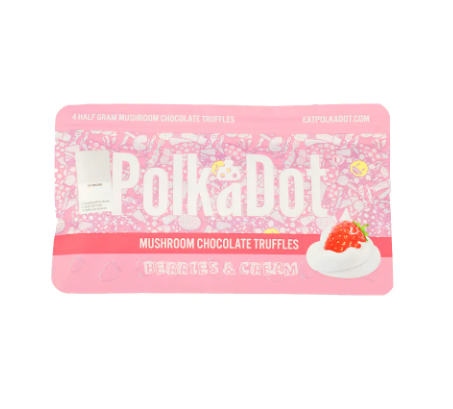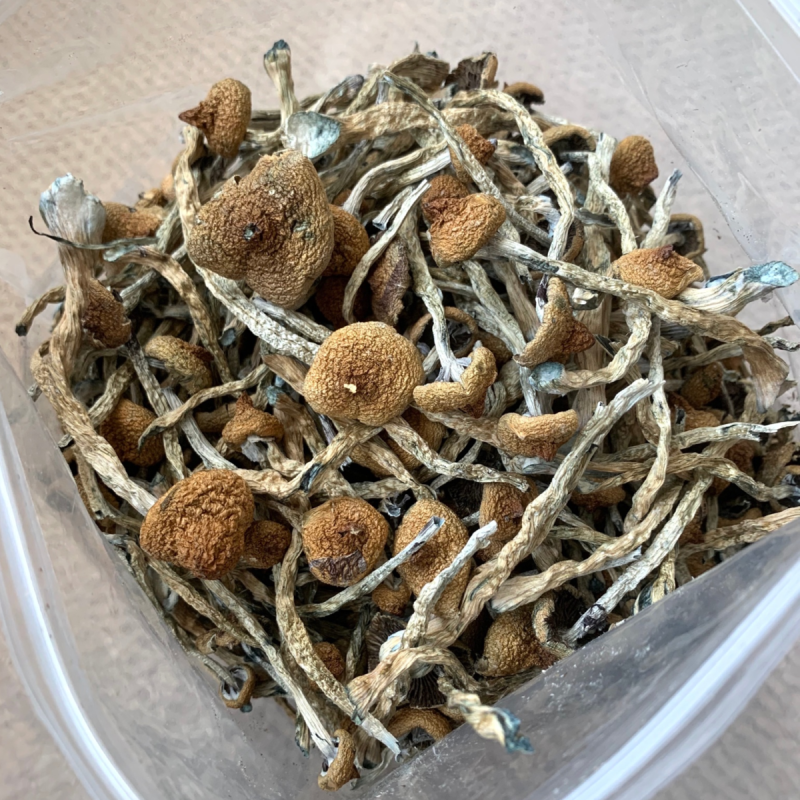Microdosing psilocybin involves consuming sub-perceptual doses of psilocybin-containing mushrooms like Psilocybe cubensis. These small doses are not hallucinogenic but may provide a range of psychological and cognitive benefits. While research into microdosing is still in the early stages, there’s growing interest in its potential Benefits of Microdosing Psilocybin for mood, creativity, and overall mental health.
What Is Microdosing Psilocybin?
Microdosing refers to the practice of taking very small, sub-hallucinogenic amounts of psilocybin. Typically, this involves consuming 10-25mg of dried mushrooms, which is not enough to induce any noticeable psychedelic effects. Instead, users report subtle changes in mood, focus, and creativity.
Key Benefits of Microdosing Psilocybin:
- Mood Enhancement: Users often experience improved mood, with some studies indicating that microdosing can help alleviate symptoms of depression.
- Increased Focus and Productivity: Many individuals report enhanced focus and mental clarity, making it easier to concentrate on tasks.
- Improved Creativity: Anecdotal evidence suggests that microdosing may help unlock creative potential, especially in those with artistic or musical backgrounds.
- Pain Relief: Low doses of psilocybin have shown promise in helping manage chronic neuropathic pain, providing relief with minimal side effects.
- Mental Health Support: Microdosing combined with psychotherapy has been shown to improve symptoms of treatment-resistant depression.
Research Insights on Microdosing:
- Psychological Effects: Studies suggest that microdosing may help users experience heightened awe and appreciation for art and nature.
- Combining Psilocybin with Other Substances: Research indicates that combining psilocybin with substances like lion’s mane mushrooms and niacin may improve mood, cognitive performance, and mental health, particularly in older adults.
- Long-Term Benefits: There are indications that microdosing, when combined with psychotherapy, can result in significant long-term improvements in mood—lasting up to six months after just a few doses.
FAQ:
Q1: What is microdosing psilocybin?
A1: Microdosing involves taking sub-hallucinogenic doses of psilocybin, the active compound in certain mushrooms, to potentially improve mood, focus, and creativity without causing hallucinations.
Q2: What are the benefits of microdosing psilocybin?
A2: Benefits reported by users include enhanced mood, increased creativity, improved focus, and relief from chronic pain. Microdosing has also been explored as a treatment for depression and other mental health issues.
Q3: Are there any side effects of microdosing psilocybin?
A3: While microdosing is generally well-tolerated, some users experience increased anxiety, mild physiological discomfort, or trouble sleeping. These effects are typically mild and temporary.
Q4: Can microdosing psilocybin help with depression?
A4: Yes, studies suggest that microdosing psilocybin, especially when combined with psychotherapy, may help reduce symptoms of depression, particularly for individuals with treatment-resistant depression.
Q5: How should psilocybin be stored for microdosing?
A5: Psilocybin-containing mushrooms should be stored in a dark, cool place to maintain their potency. Dried mushrooms stored at room temperature in the dark show the least degradation of active compounds.
Q6: How much psilocybin is typically used in a microdose?
A6: A typical microdose ranges from 10-25mg of dried psilocybin-containing mushrooms. This is not enough to induce hallucinations but is thought to provide subtle cognitive and mood-enhancing effects.
Q7: Is microdosing safe?
A7: While most users report few side effects, there is still a need for more clinical research to establish safe and effective guidelines for microdosing. It’s essential to approach it with caution and under the guidance of a professional, especially if you have a history of mental health issues.
Other Considerations
- Stability of Psilocybin: The stability of psilocybin and its analogs is crucial for consistent microdosing. Studies suggest that when stored properly, dried mushrooms retain the highest levels of psilocybin over time.
- No Need for Justification: Many individuals who microdose do so for personal development or to achieve a better alignment with their values. Users often do not feel the need to justify their practice to others.
The Future of Microdosing Psilocybin
While anecdotal evidence highlights many potential benefits, more rigorous, placebo-controlled studies are needed to validate these effects and determine optimal dosing protocols. However, early research and reports suggest that microdosing could have significant potential for enhancing mental well-being and treating various conditions, such as depression and chronic pain.
Conclusion
Microdosing psilocybin offers exciting potential for enhancing mood, creativity, and focus and providing therapeutic Benefits of Microdosing Psilocybin for mental health conditions like depression. However, as research into this practice continues, it’s crucial for users to remain cautious and informed. The long-term effects, optimal dosages, and best practices for microdosing are still being explored, and more scientific studies are needed to understand its impact fully.
Disclaimer: The use of psilocybin is subject to legal restrictions in many regions. Please ensure that you comply with local laws before considering microdosing or using psilocybin-containing products.





